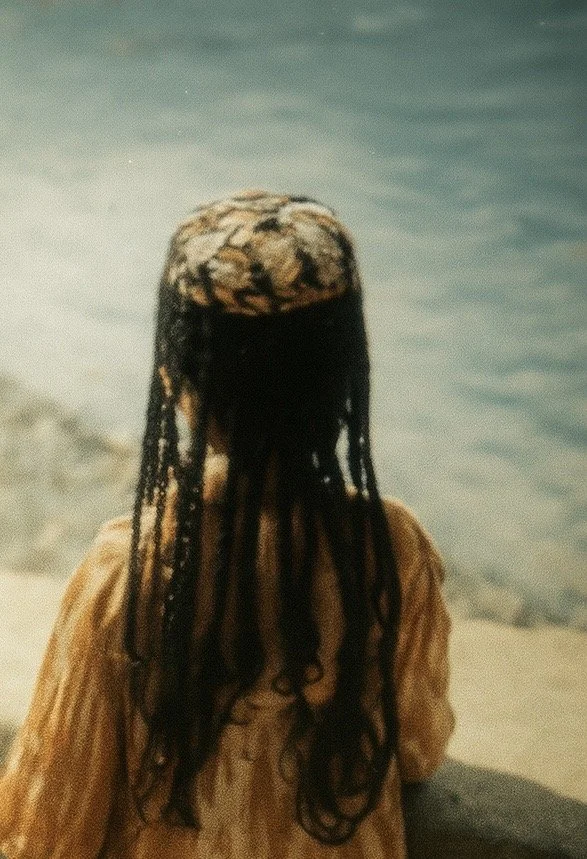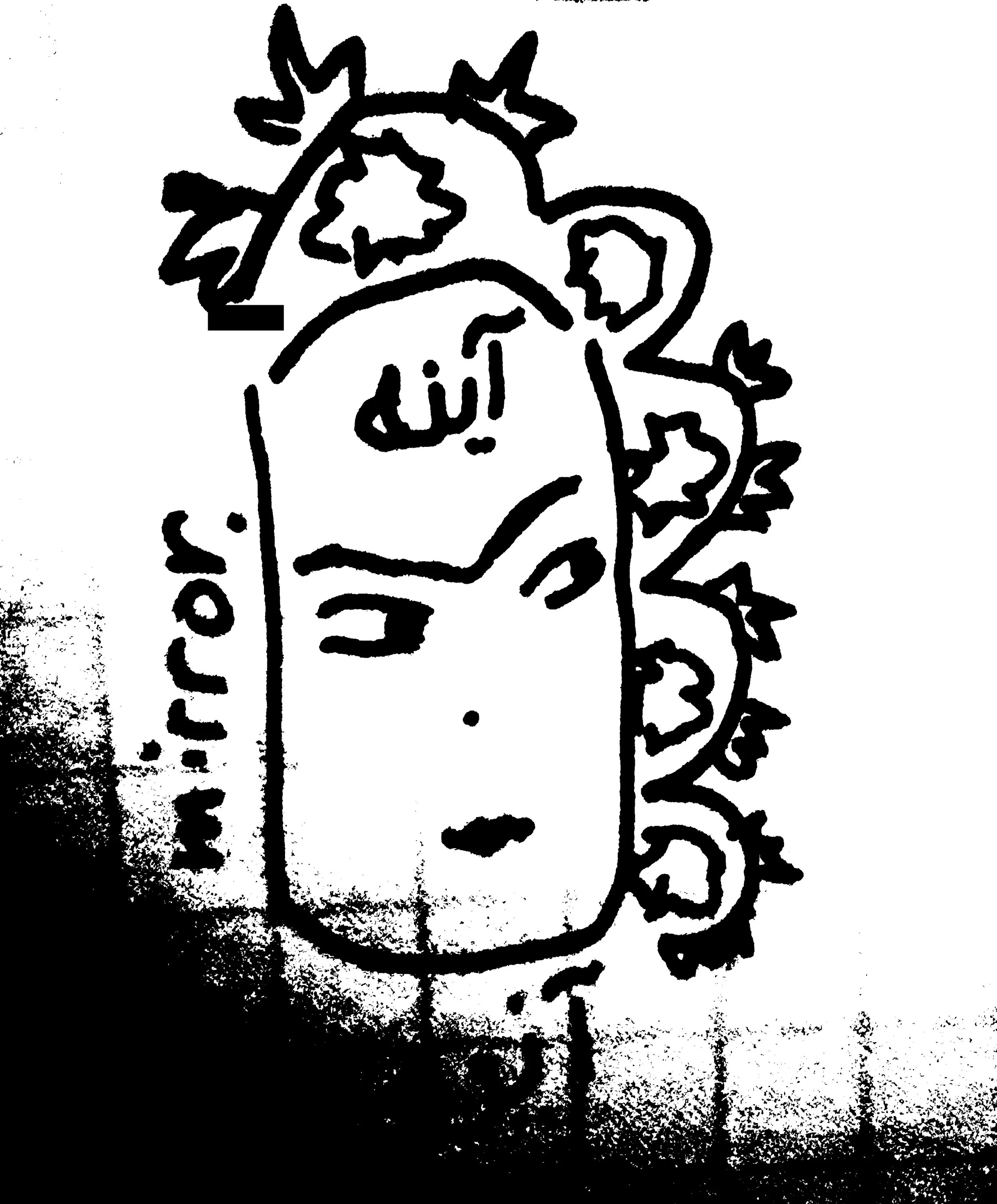Image generated using AI (2025).
آینه. mirror.
Positioning the Platform;
While its origins lie in Central Asia and Japan, Ayneḥ aspires to speak globally. It invites artists and thinkers from diverse traditions to participate in an archive of meaningful and transformative work. This way, the platform, like the mirror itself, does not impose a single truth but offers reflectiveness.
Ayneḥ is devoted to fostering works in arts, photography, writing, film, and visual art that do not seek to resonate. It is a space for emerging and established artists whose work reflects inner and cultural landscapes, moving across language, place, and form with quiet precision.
Why This Metaphor?
In Islamic and mystical thought, the mirror is not a vessel of self-admiration but rather a surface of tazkiyah—purification—capable of revealing truth once cleansed of illusion. In this tradition, the mirror becomes an instrument of clarity, contemplation, and return. Ayneḥ invokes this lineage not only as symbolism, but as a mode of curatorial ethics: the platform becomes a reflective space where image and text do not attempt to perform, but invite recognition of self, culture, and the other.
Ayneḥ (آینه), translating to mirror in both Persian and Uzbek, serves as more than a metaphor—it is the conceptual and aesthetic foundation of this platform. Situated between Uzbekistan and Japan, Ayneḥ moves through a geography of in-between spaces, where histories intersect and cultures evolve outside dominant narratives. As a global platform, it foregrounds artistic practices shaped by lived experience, offering a space for reflection, exchange, and reimagining beyond imposed boundaries.
From the Founder:
Ayneḥ is an independent initiative founded by a researcher working with questions of identity, contradiction, visual form, and the spaces shaped by colonial and postcolonial histories. The platform is self-organized and not affiliated with institutions.
Ayneḥ welcomes collaboration and conversation with those working across disciplines, geographies, and modes of thinking. If the themes and approach of the platform resonate with your work, you are invited to reach out.
Ethics of Conduct
Ayneḥ approaches artistic collaboration as a form of dialogue, not extraction. Respect is not a guideline—it is a starting point. The platform recognizes that creative work is shaped by lived experience and is committed to protecting the integrity of those experiences.
Participation in any Ayneḥ project is based on mutual understanding and informed consent. Contributors maintain full authorship over their voices, images, and ideas. Ayneh, do not reframe or circulate work without prior agreement.
The platform does not separate ethics from context. This means taking seriously the power dynamics involved in representation, especially across languages, borders, and cultural histories. It is expected that our collaborators will do the same.
There is no room for disrespect, appropriation, or coercion—however subtle—that are incompatible with our approach. Accountability is part of the process.
Language and Translation
Though the platform is currently presented in English, it engages with ideas, histories, and practices that do not originate in English-speaking contexts. Language here is treated as both a bridge and a boundary—something that enables connection and limits it.
Ayneḥ acknowledges this tension and aspires to offer materials in Uzbek and Farsi in the future. These are not just translations, but part of a commitment to honoring the languages of the regions that shape this work. This will depend on collaboration and the time required to do it thoughtfully.
آینه. mirror.
Founded in June 2025 by Guzal Koshbahteeva
Website design and illustrations by GK © 2025. All rights reserved.

